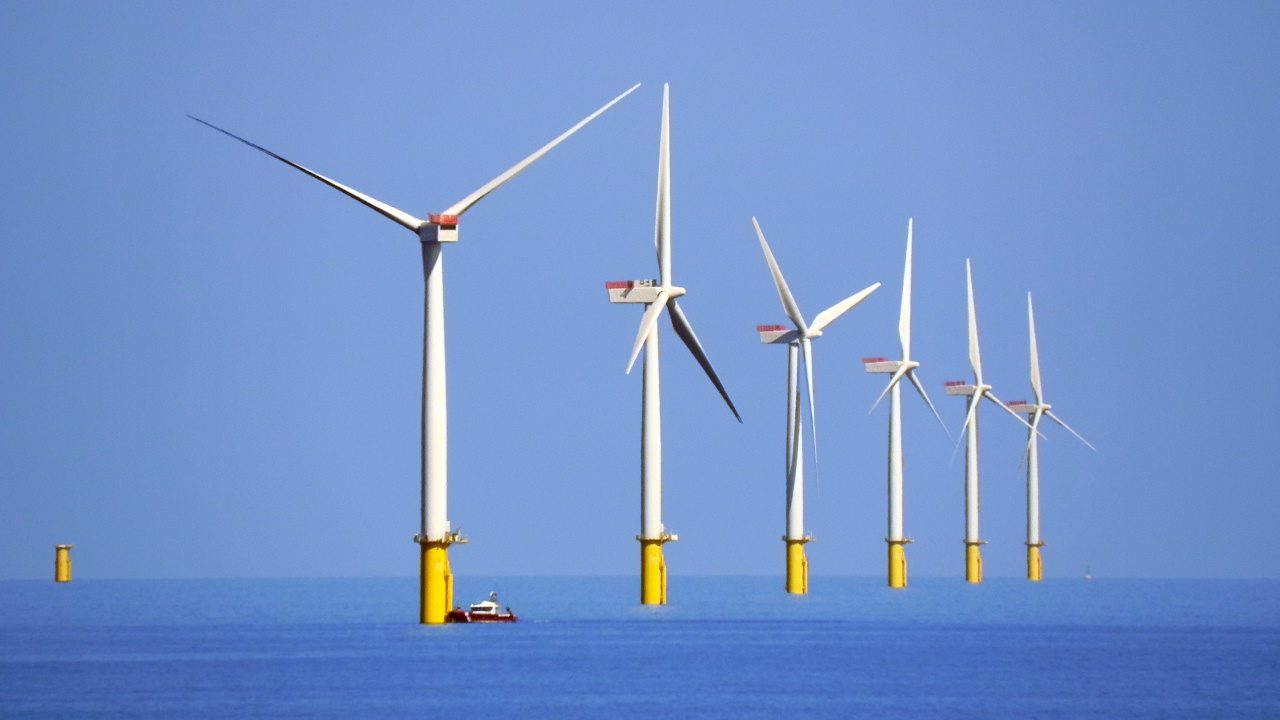A professor at Trinity College Dublin (TCD) has been given a €348,950 grant to research more efficient designs for fixed offshore wind turbines.
Prof. David Igoe, an assistant professor in the School of Civil, Structural and Environmental Engineering at the college, was granted the funds by the Sustainable Energy Authority of Ireland’s (SEAI) research and development programme.
The funding will see Prof. Igoe lead a research project “exploring the dynamic interactions between the foundations and soils for offshore wind turbines”.
Commenting on the award, Prof. Igoe said: “A better understanding of soil damping, and how it affects the movement of an offshore wind turbine, can lead to big savings in the amount of steel needed for the foundation and tower supporting the turbine.
“This project will develop new guidelines for engineers designing the next generation of offshore wind turbines,” he added.
This funding is part of an €11 million series of grants for 50 research, development and demonstration energy projects, that was recently announced by Richard Bruton, the Minister for Communications, Climate Action and the Environment.
It is hoped that these projects will develop solutions that will provide clean energy for homes, businesses and communities.
Commenting on the funding programme, Dr. Phil Hemmingway, head of the SEAI’s Low Carbon Technology Department, said: “The All of Government Climate Action Plan commits Ireland to significant targets and ambitions in the energy sector. Innovation will be critical for meeting these targets and for achieving Ireland’s medium and long-term decarbonisation.
“Ireland’s energy system will undergo a rapid, continual and significant evolution during the period 2020 to 2030 and beyond. Projects such as these are at the forefront of knowledge development,” Dr. Hemmingway added.
